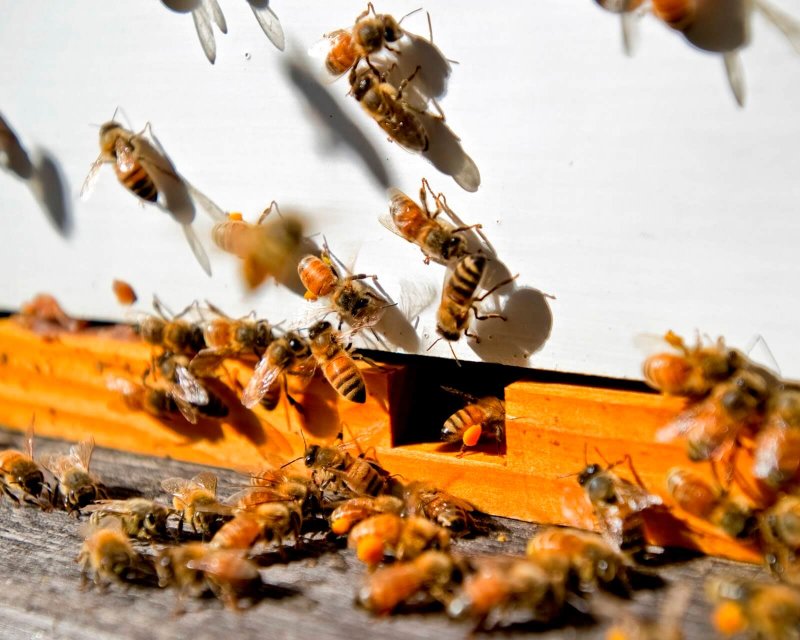[Editor’s Note: Howard Minigh is the President & CEO of CropLife International, a trade association of agrobusiness companies.]
First, there is no bee-pocalypse. Never was. Honeybee numbers have been rising since neonics came on the market. Since 1995, statistics from the United Nations Food and Agriculture Organisation show bee populations are up 10% in Europe, 8% in North America, 43% in South America, 43% in Asia, 19% in Africa. Globally it’s a 26% increase. Just released statistics from the US Department of Agriculture (USDA) show that U.S. honeybee colonies reached a 22-year high in 2016. Yes, there are problems with bee health which must be addressed, but most authorities – including the European Commission, USDA and most bee scientists – say the parasitic Varroa mite and disease are the primary causes affecting bee health.
After those come adverse climatic conditions, lack of genetic diversity, loss of foraging habitats, and the stresses of transcontinental pollination services in regions with intensive managed pollination.
…
Bees are very important. That’s why the crop protection industry is working to improve communications between farmers and beekeepers, and why we’ve created programs to improve bee habitat and health. But if we want to do what’s right by these critical pollinators, we need to base regulation on real-world evidence.
The GLP aggregated and excerpted this article to reflect the diversity of news, opinion and analysis. Read full, original post: The Myth Of The “Bee-pocalypse”































